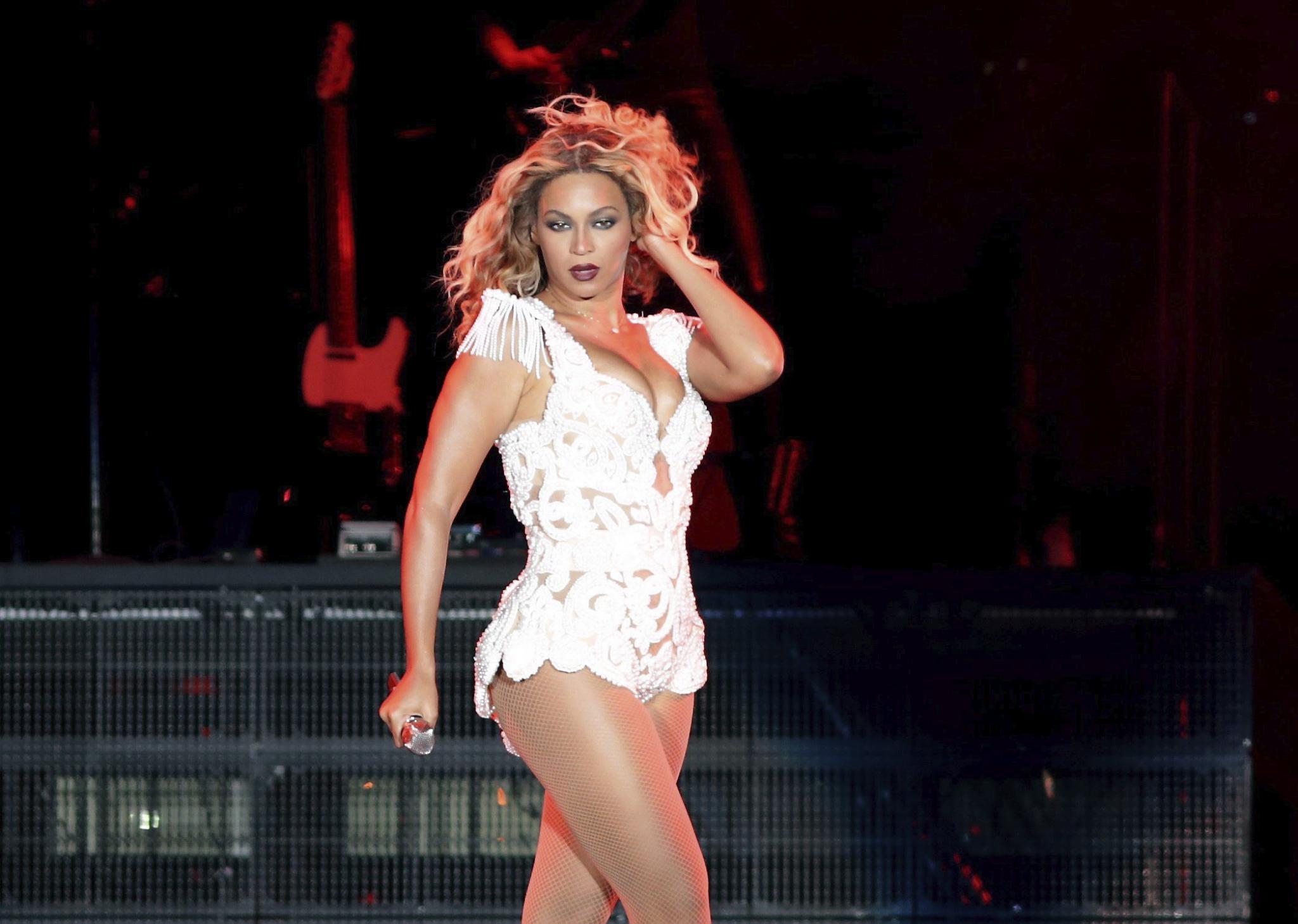
Beyoncé’s feminist credentials are always in question. Whether it’s her attire, her husband or her concert tour titles, you can always find pieces that declare she isn’t feminist enough on almost any pop culture site. Not all of the criticism is unwarranted, but the tone of the critiques often hinge on the idea that feminism is an either/or proposition. Admittedly, feminism has always struggled with representing all women. Whether the discussion is racism in feminist circles, or arguing that disability should be why abortion must remain legal (despite the protests of disabled feminists), feminist discourse has a problem with inclusion. As a result, women who are reaping the benefits of the work done by proclaimed feminists often shy away from the label. Even when they do claim the label, their individual interpretations may not be in line with existing academic theories. Yet, they are living many of the tenets of feminism—just on their own terms.
PHOTOS: The Best Meme Reactions to Beyonce’s Album Release
Pop culture feminism, albeit flawed in concept and execution, is nothing new. In fact, it is often much more accessible to young women who aren’t necessarily familiar with the history or academic theories of the movement. Beyoncé’s use of an excerpt from Chimamanda Ngozi Adichie’s We Should All Be Feminists has given Adichie an unprecedented platform. Libraries are reporting an uptick of interest in Adichie’s books, and while it is too soon to predict the long-term impact, it is safe to say that at least some eyes will be opened. Does that mean Beyoncé is the new ideal feminist? Of course not. Just look at Jay-Z’s verse on Drunk In Love, in which he references Ike Turner and that infamous line “Eat the cake, Anna Mae,” a reference that many will recognize from the abusive diner scene between Ike and Tina Turner in What’s Love Got To Do With It. The song is clearly not intended to be a feminist anthem. If anything it is likely an exploration of sexual dynamics.
PHOTOS: Beyonce and Jay Z’s Steamiest Moments
And that brings us into the messy reality that often someone’s politics and their kinks can be at odds. Does that make casual references to violent men and domestic violence okay? No. But you’d be hard pressed to find anyone with feminist values who ascribes to them in every aspect of their lives. In fact, feminist theory is rife with internal conflicts over what attire, what jobs, what relationships, even what kind of political party affiliations are feminist. Like anyone else, Beyoncé’s feminism is tailored to suit her upbringing, her experiences, and her life. None of us are The Ultimate Feminist–in fact there is no such thing. So why do we expect a pop star to be a model of an impossible concept? Beyoncé is a human being with a messy complicated view of herself, her life, and society. In turn, our perspectives on her work and her feminism are complicated by our own biases and expectations. Beyoncé isn’t the only one whose life and body of work both embraces conventional feminism and flies in the face of it; that is true of all of us and it’s time we just accept it.
Mikki Kendall (@Karnythia and one half of HoodFeminism) has had a stellar year talking feminism. Her discussions around #solidarityisforwhitewomen and #fasttailedgirls lit up Twitter and caught mainstream media attention.